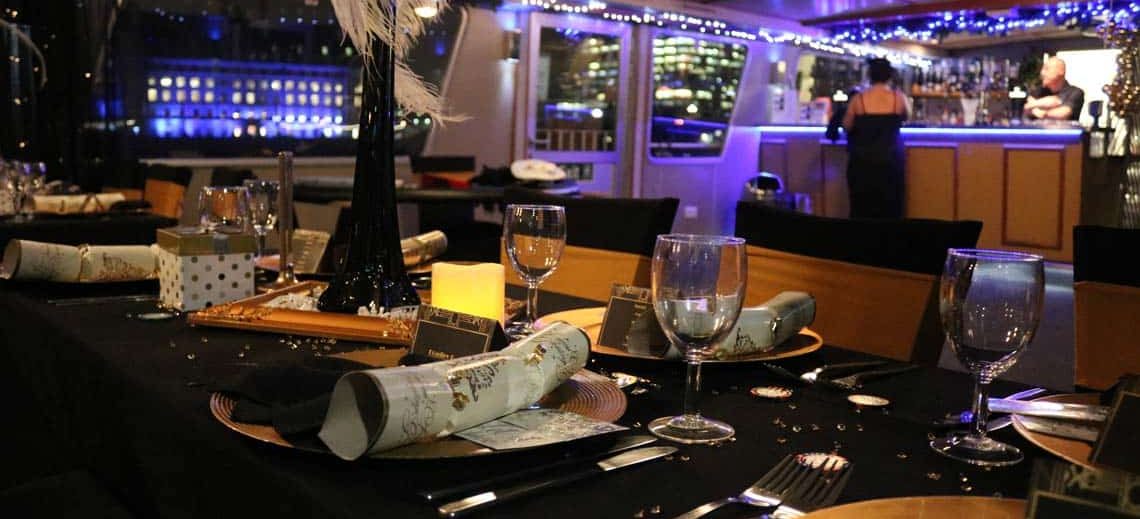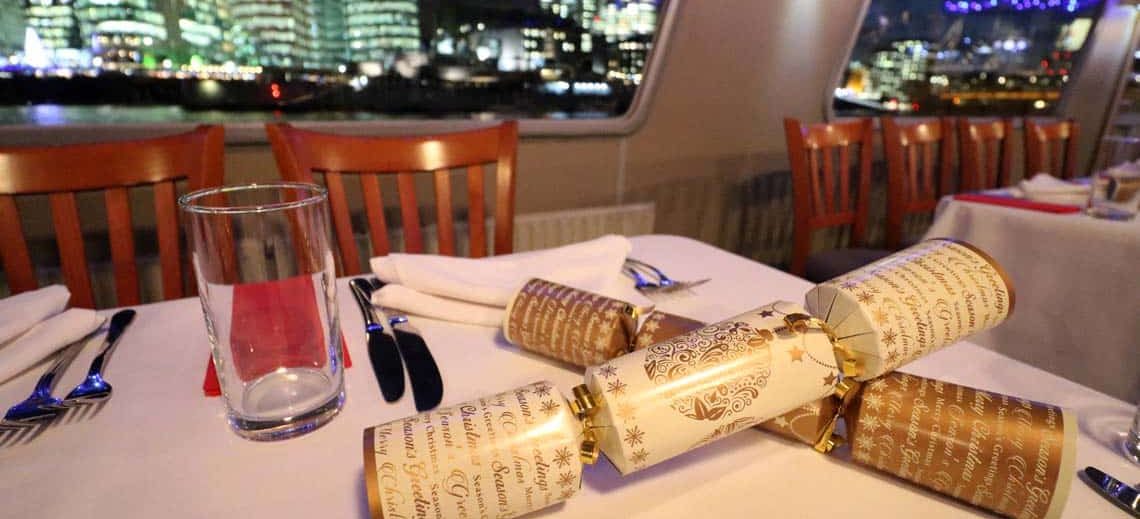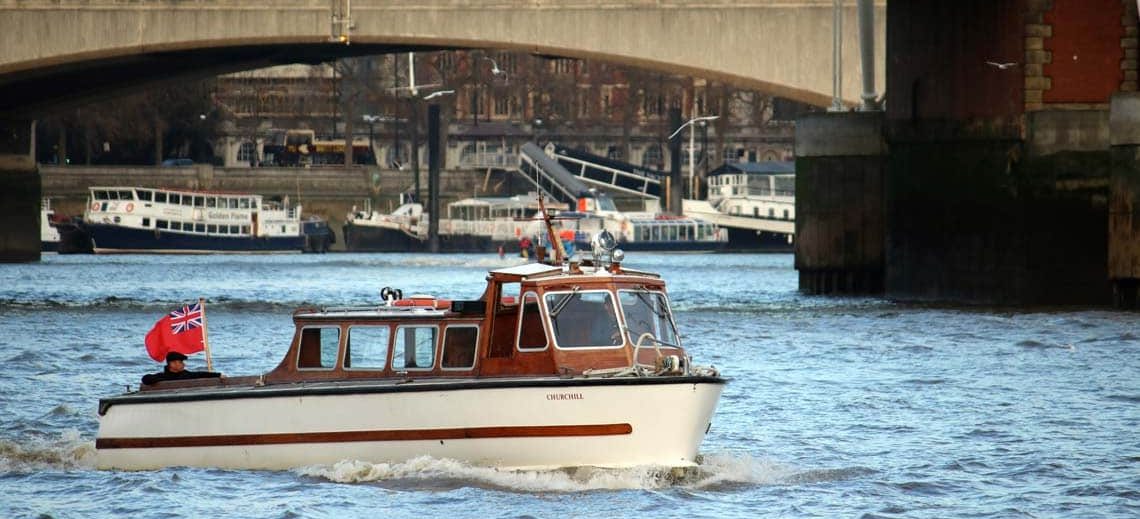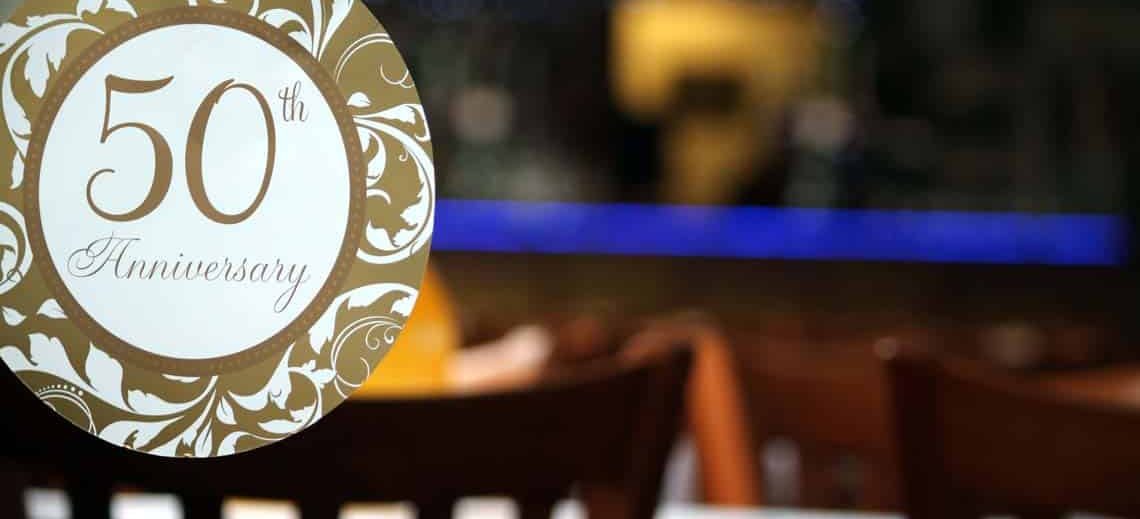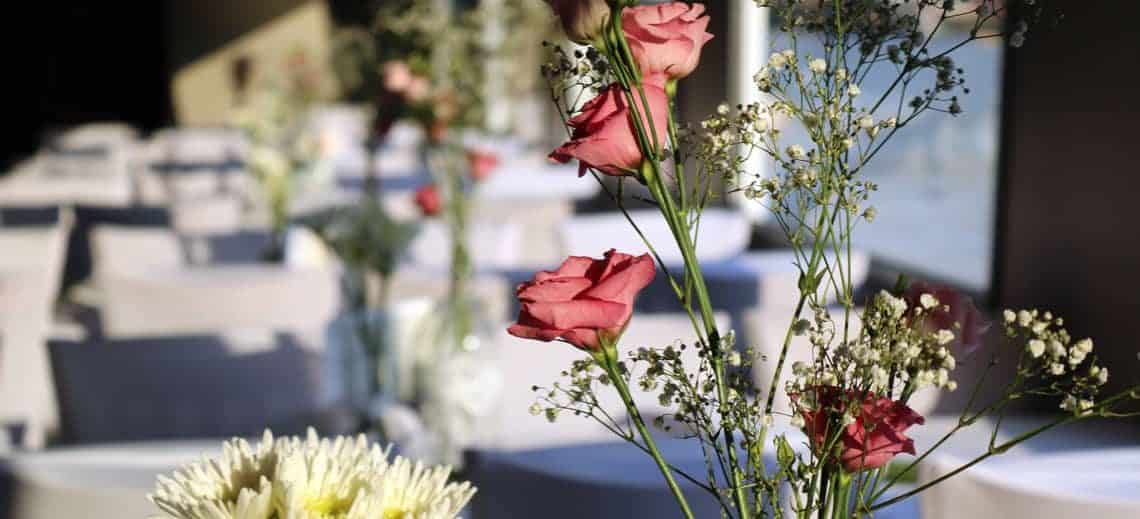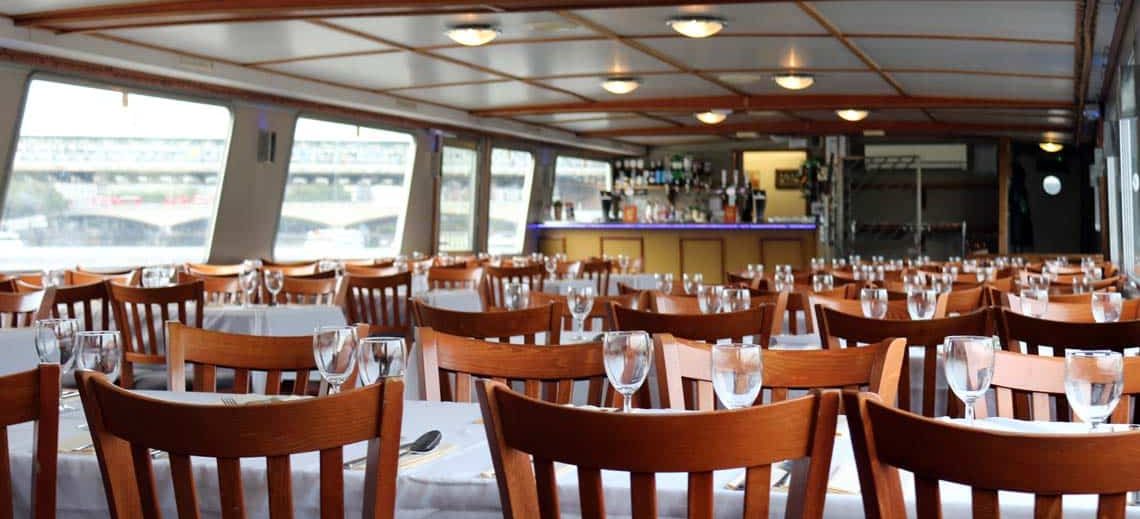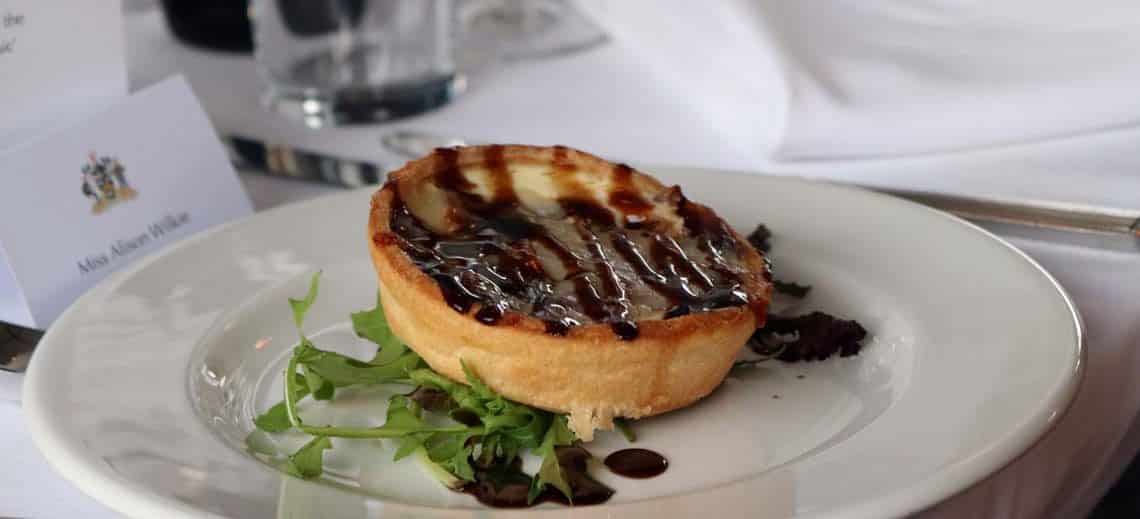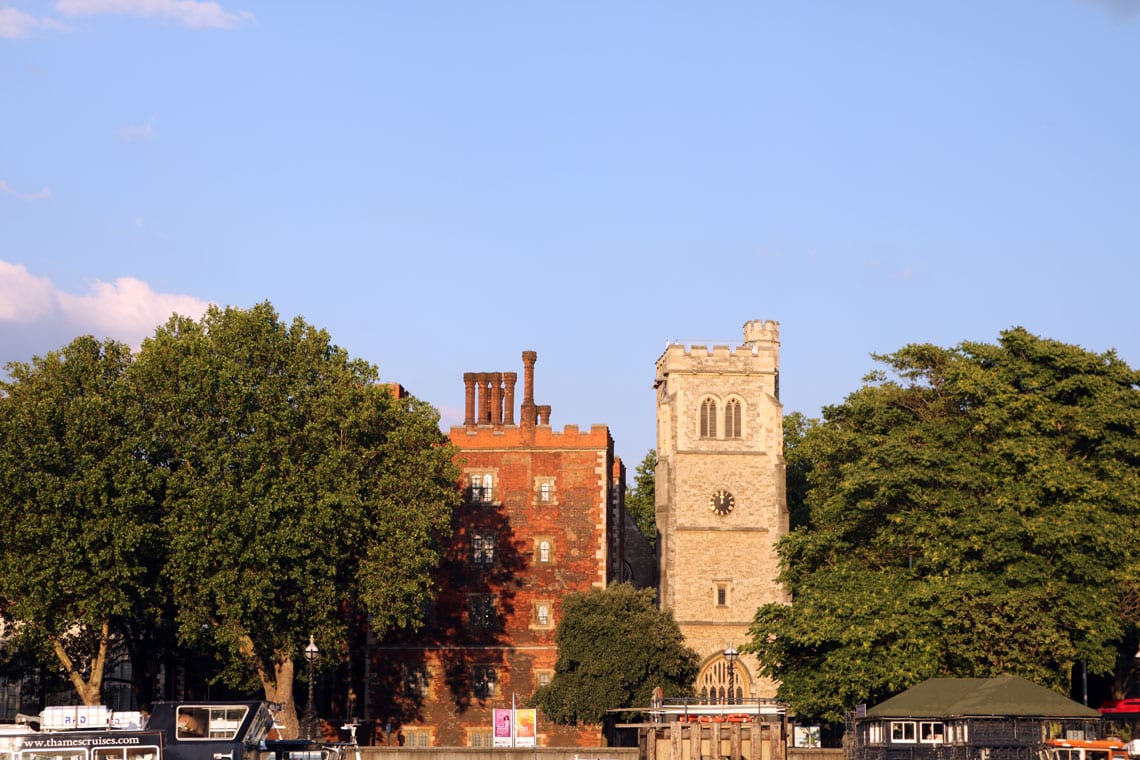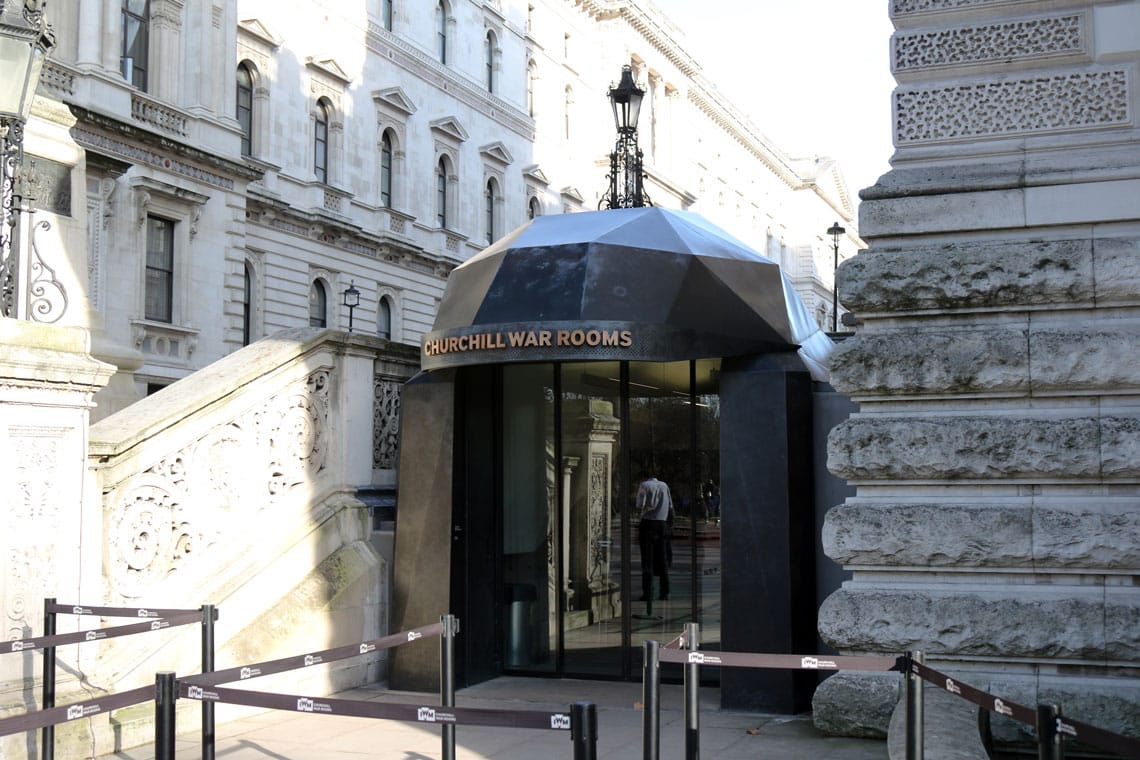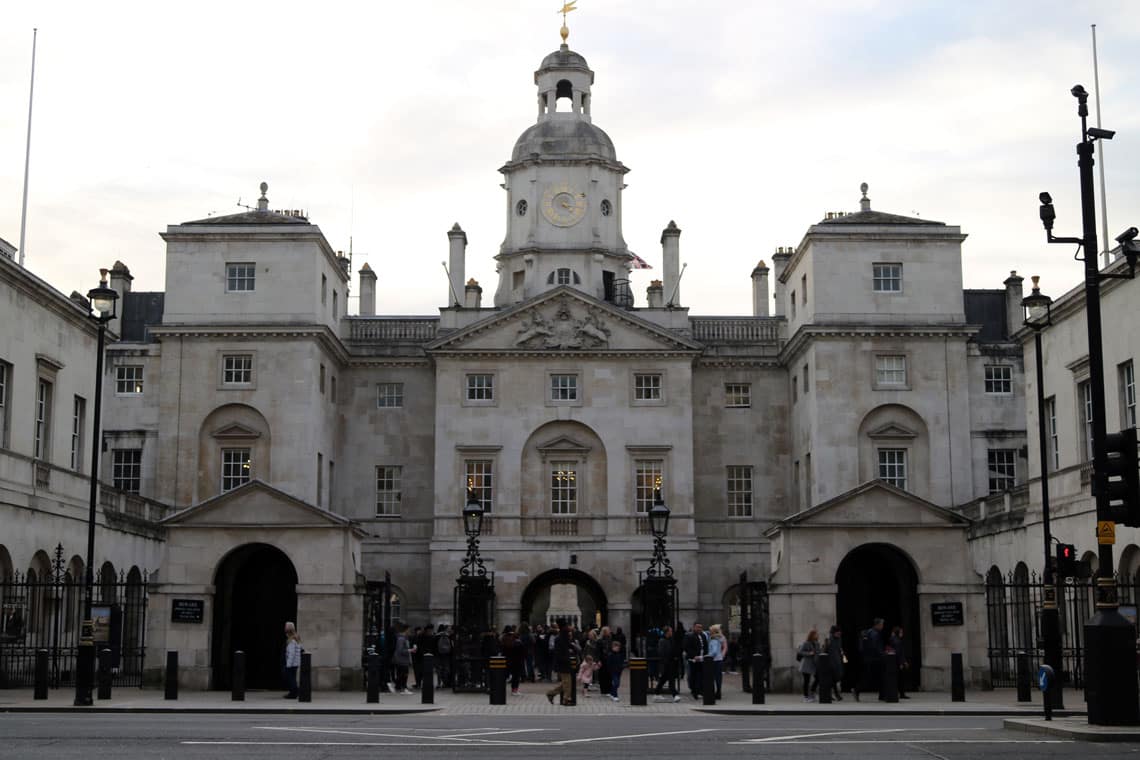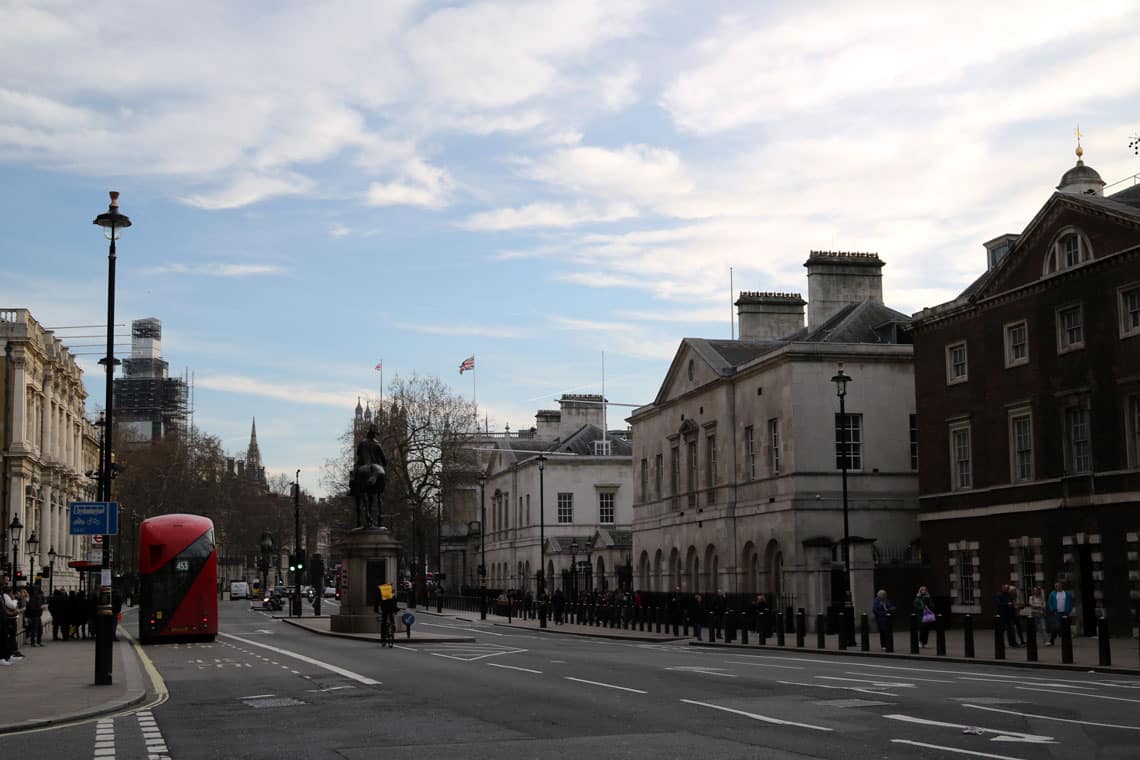
Millbank Millennium Pier
About Millbank Pier
Transportation Links*
 Bus Services
Bus Services
 Underground
Underground
 Cycle Hire
Cycle Hire
 Coach Parking
Coach Parking
 Taxi
Taxi
 Millbank Pier Location
Millbank Pier Location
Daytime / Evening Cruises from Millbank Pier
We do not offer public daytime or evening cruises from Millbank Pier. We do operate private charters from Millbank Pier. Click the link below to view our public cruises or private charters.
Private Charters from Millbank Pier
We provide a wide range of catering & dining options, perfectly paired with our extensive wine menu. Our entertainment options & decorations can also make your event truly unique.
Near Millbank Pier
Tate Britain
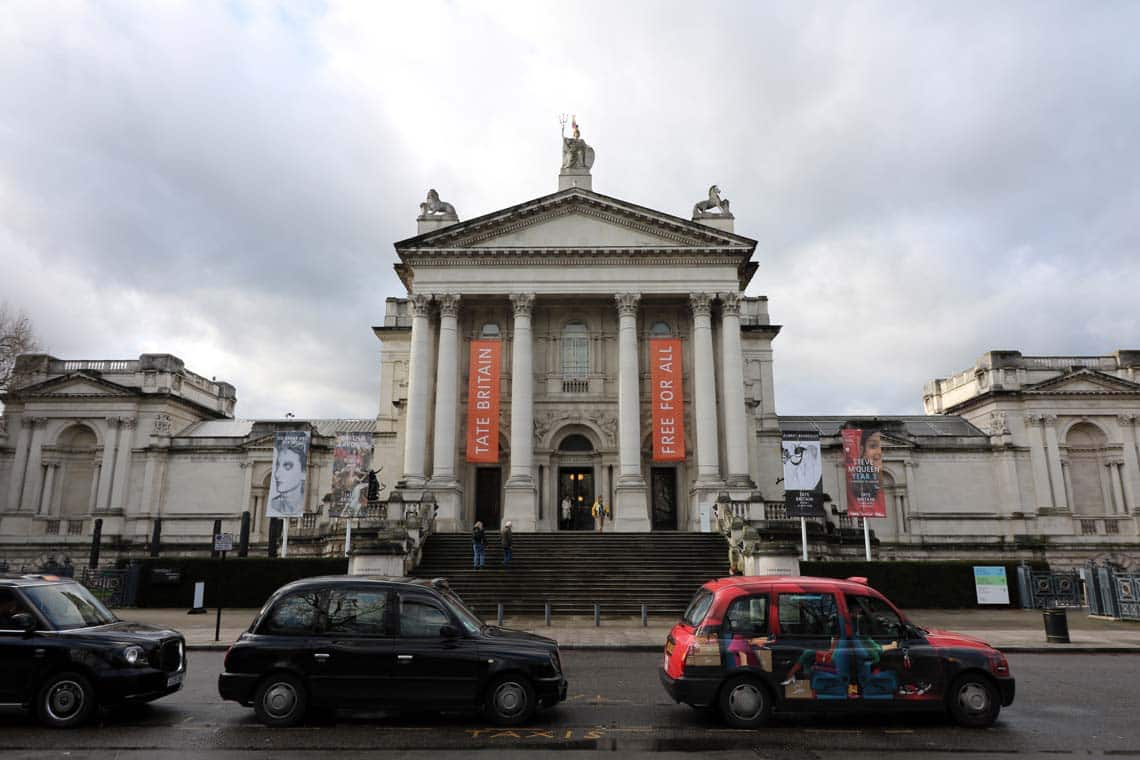
About the Tate Britain
In 1889 the sugar merchant Henry Tate offered the government his collection of 65 British paintings to be displayed to the public. Due to a lack of space for British art at the National Gallery Tate provided £80,000 to build the National Gallery of British Art. The new gallery was designed by the architect Sidney R. J. Smith & built on the site of the old Millbank penitentiary. The gallery opened in 1897 with 245 works of art in eight galleries & quickly became known as the Tate Gallery. The gallery officially became known as the Tate Gallery in 1932 & then the Tate Britain in 2000 after the opening of the Tate Modern inside the old Bankside power station. The Tate Britain displays over 700 artworks, is free to visit & also has the Djanogly Café, Rex Whistler Restaurant & a wide range of exhibitions & events take place throughout the year (some exhibitions charge an entry fee).
The Jewel Tower
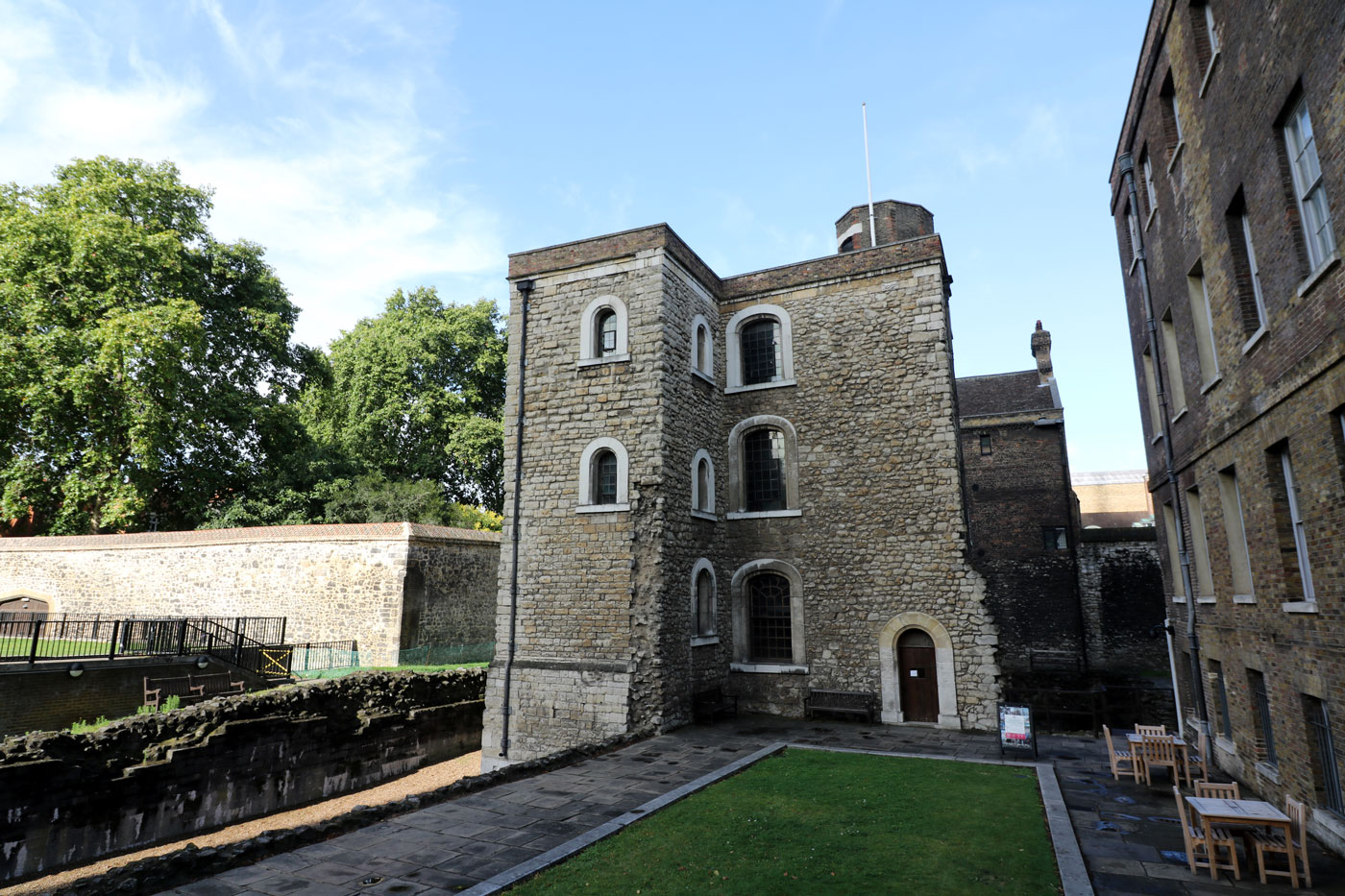
About the Jewel Tower
The Jewel Tower is one of the last remaining structures from the Medieval Palace of Westminster. The Tower was built by Henry Yevele between 1365-1366 for King Edward III & originally served as a store for precious items including silver plate. After much of the medieval palace was destroyed by a fire in 1834 the Jewel Tower became a records office for the House of Lords. In 1869 it became a testing office for the Board of Trade Standards Department (More commonly known as Weights and Measures).
Highlights
- One of the last remaining buildings from the Medieval Palace of Westminster.
- Light refreshments available at the Jewel Tower Cafe.
New Palace of Westminster (Houses of Parliament)
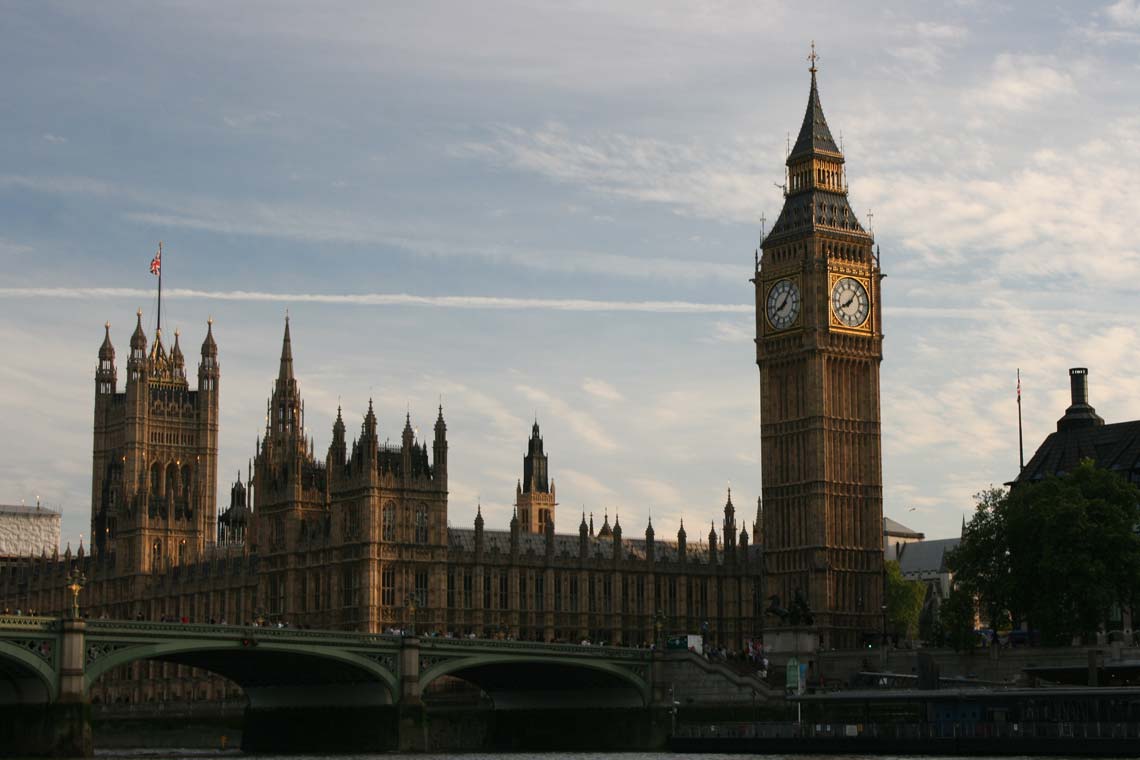
About the New Palace of Westminster
Known as the ‘Houses of Parliament’, the new palace was built between 1840-1870 after the original palace was damaged during a fire. The palace is the home of UK Parliament & the iconic Elizabeth Tower (known as Big Ben).
Highlights
- Guided tours available in multiple languages.
- Self-guided tours with a multimedia guide.
- Tours with afternoon tea overlooking the River Thames.
- Special exhibitions in Westminster Hall.
- Special talks & guided tours.
- Refreshments available in the Jubilee cafe.
St. Margaret's Church
About St. Margaret’s Church
St. Margaret’s Church is dedicated to St. Margaret of Antioch & is the third church to stand on the site. The original St. Margaret’s Church was built by the Benedictine Monks of Westminster Abbey in the 11th Century. The Rule of St. Benedict required the monks to sing the Divine Office at set times each day. The creation of a smaller church next to the Abbey allowed the people of Westminster to worship without disturbing the monks.
The current St. Margaret’s Church was designed by Robert Stowell & work started in 1482. The church was finally consecrated on the 9th April 1523 & remains almost unchanged today. St. Margaret’s Church is now governed by the Dean and Chapter of Westminster & can be visited free of charge.
Highlights
- Refreshments are available at Westminster Abbey’s Cellarium Café.
- Purchase souvenirs & gifts at the Westminster Abbey Shop.
Westminster Abbey
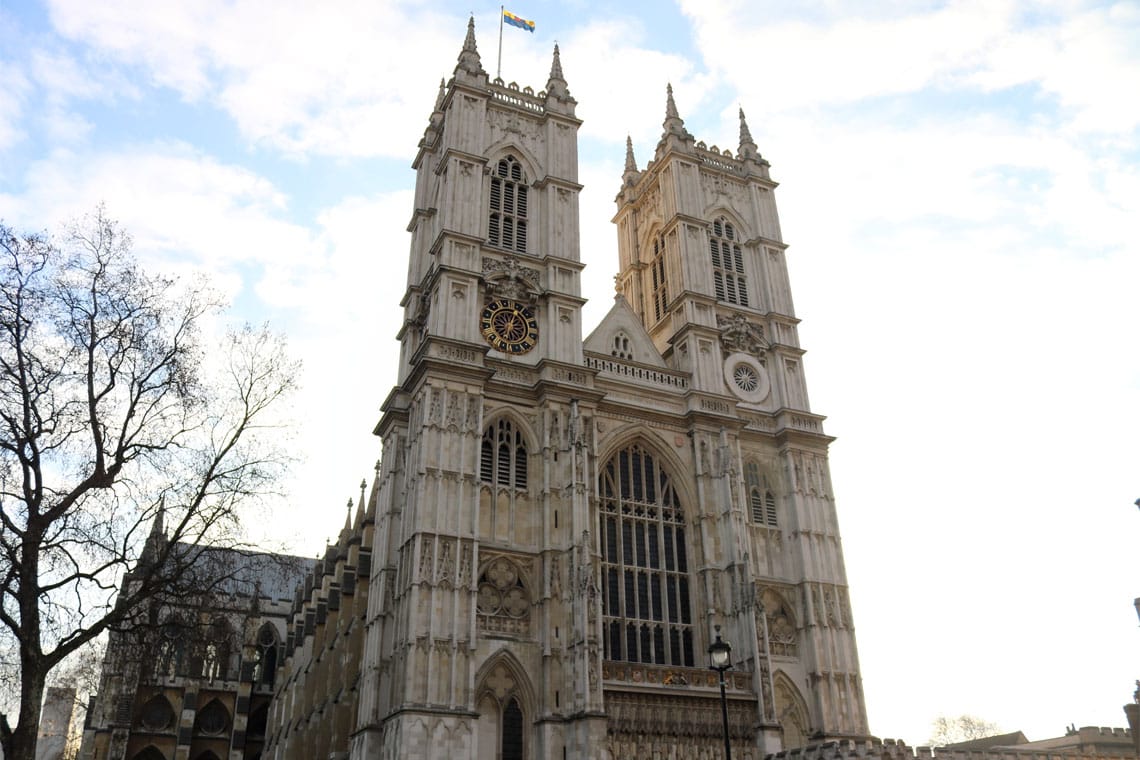
About Westminster Abbey
Westminster Abbey was built by King Edward (later to become St. Edward the Confessor) on the site of a Benedictine Monastery on Thorn Ey (Thorn Island) in Westminster. King Edward’s Abbey was consecrated on the 28th December 1065 however Edward was unable to attend the consecration due to illness, he died just days later sparking a succession crisis which intimately led to the Norman Conquest of England. William the Conqueror was coronated King William I on Christmas Day in 1066 & every coronation has taken place at Westminster Abbey since.
King Edward’s abbey stood for over two centuries until King Henry III started to rebuild the abbey in a Gothic style. Henry’s abbey was consecrated on the 13th October 1269 & still stands today. Westminster Abbey is the resting place of 17 monarchs & a number of poets, musicians, scientists and politicians.
Highlights
- Explore King Henry VII’s Lady Chapel.
- Visit the Queens Diamond Jubilee Galleries.
- Visit the college garden (open on select days each week).
- Refreshments are available at the Cellarium Café.
- Purchase souvenirs & gifts at the Westminster Abbey Shop.
The Supreme Court
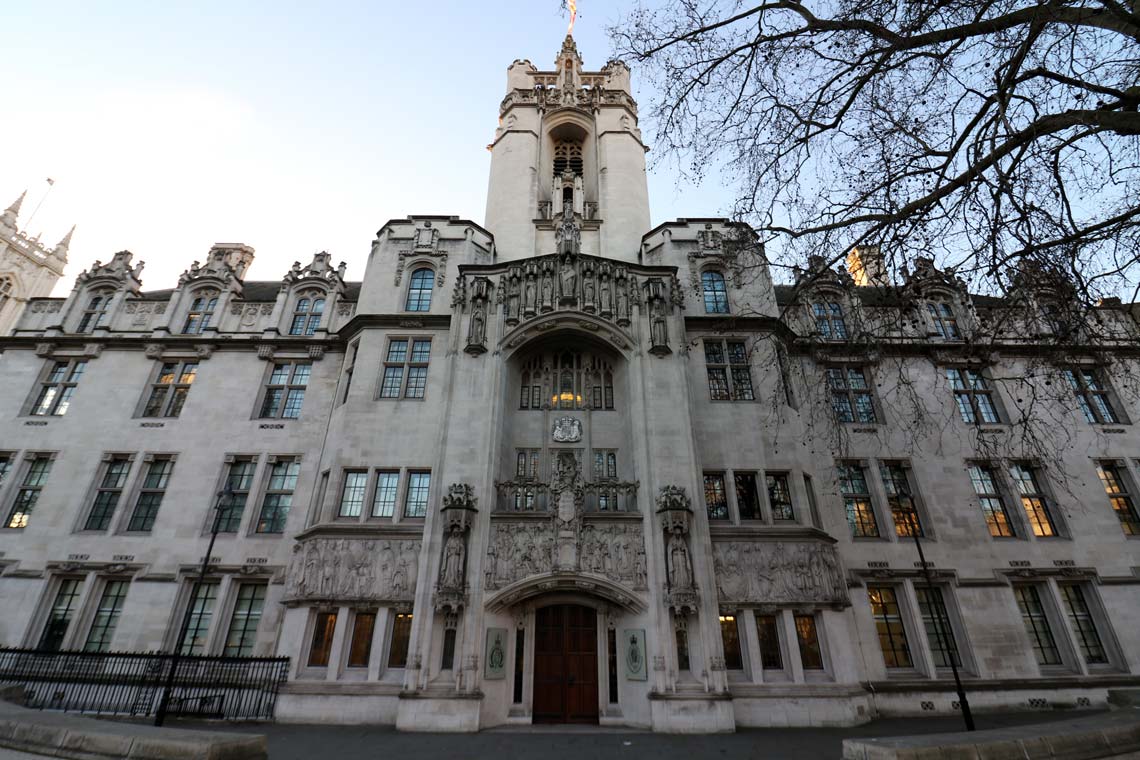
About The Supreme Court
The Supreme Court was formally established on the 1st October 2009 & is the highest court in the United Kingdom. The court hears appeals for civil cases in the United Kingdom & criminal cases in England, Wales & Northern Ireland. The Supreme Court sits in the Middlesex Guildhall, an art nouveau gothic style building designed by J. S Gibson & completed in 1913.
Highlights
- Guided tours led by a member of the court staff.
- Permanent & temporary exhibitions on the lower ground floor.
- Refreshments available at the Supreme Court Café.
- Purchase souvenirs & gifts from the Supreme Court Shop.
Florence Nightingale Museum
About the Florence Nightingale Museum
Florence Nightingale was a pioneer of modern nursing & a social reformer, she became known as the Lady with the Lamp after her night rounds tending to wounded soldiers during the Crimean War. The Florence Nightingale Museum is situated at St. Thomas Hospital on the site of Florence Nightingale’s Training School & celebrates the life & work of Florence Nightingale through collections of over 3000 objects.
17 Min / 0.9 Miles (Via Lambeth Bridge)
The Banqueting House
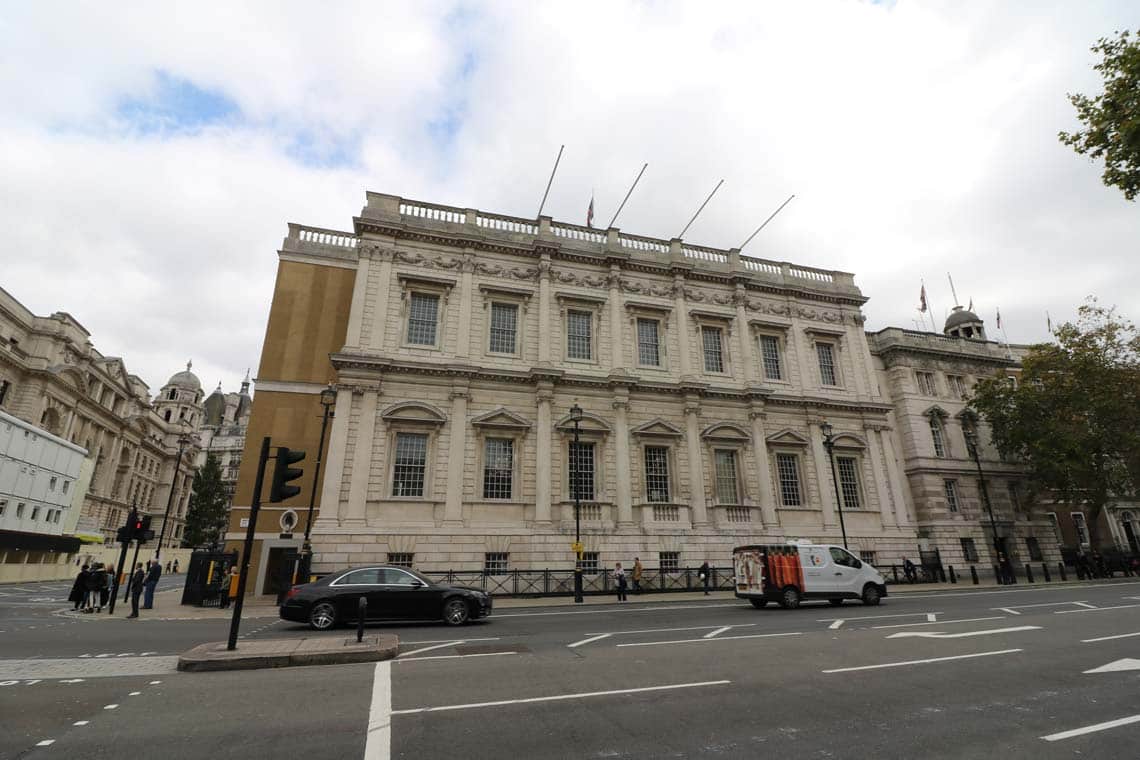
About the Banqueting House
The Banqueting House is the last remaining building from Whitehall Palace, home to a magnificent ceiling painted by Sir Peter Paul Rubens & the execution site of King Charles I. The building was designed by Inigo Jones in the Palladian style for King James I & was completed in 1622.
Highlights
- One of the last remaining buildings from Henry VIII’s Whitehall Palace.
- The execution site of King Charles I.
- Peter Paul Rubens magnificent ceiling murals.
County Hall
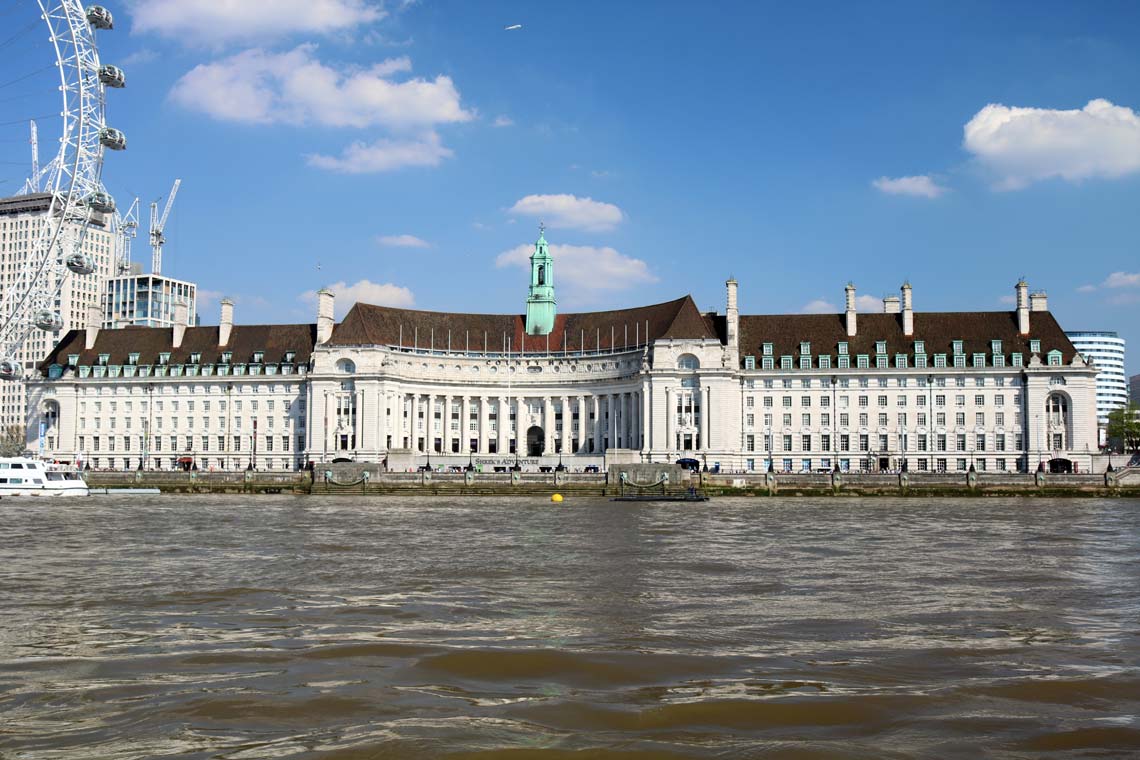
About County Hall
Highlights
- Sea Life London Aquarium
- The London Dungeon
- Shrek’s Adventure!
- Namco Funscape Arcade
- Agatha Christie’s Witness For The Prosecution (performed in the County Hall Court Room)
London Eye
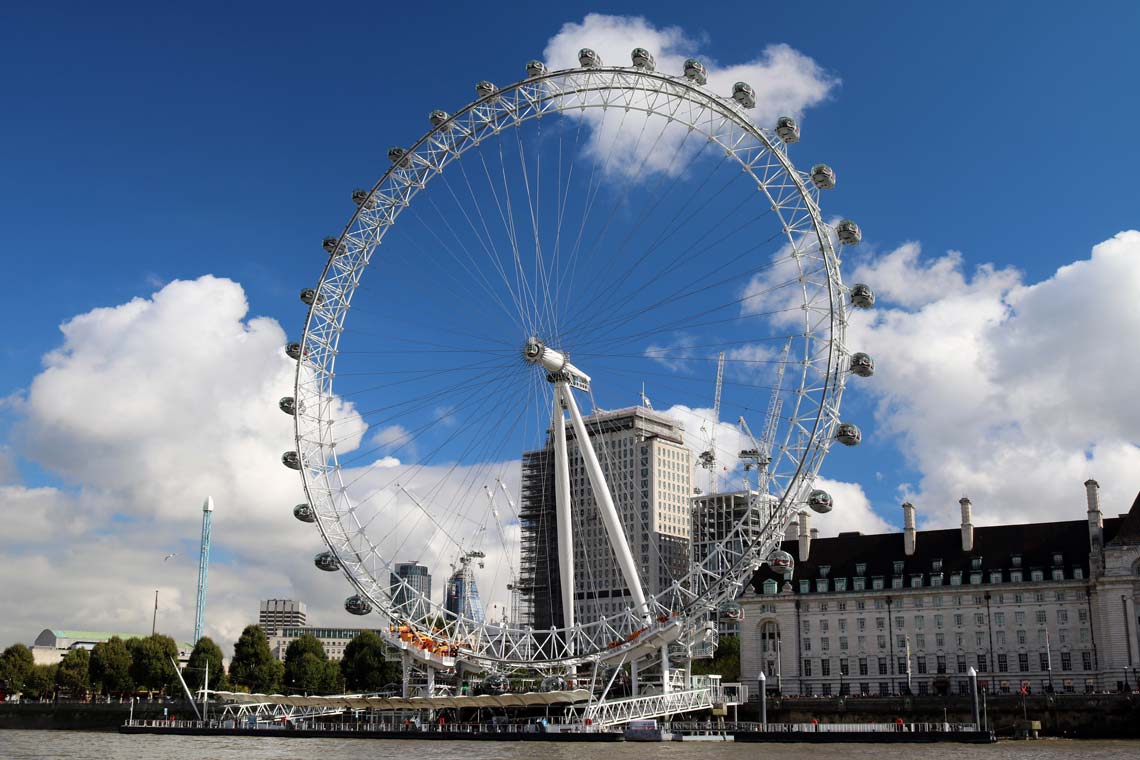
About the London Eye
At 135 metres tall the London Eye is the worlds largest cantilevered observation wheel. The London Eye was designed by Marks Barfield Architects & launched in 2000 as a temporary attraction. The London Eye has quickly become one of the most popular paid attractions in the world carrying over 3.5 million visitors each year. On a clear day visibility is up to 40km allowing views of Windsor Castle & the Queen Elizabeth II bridge at Dartford.
Highlights
- See London from a unique perspective.
21 Min / 1 Mile (Via Lambeth Bridge)
St. James Park
About St. James Park
St. James Park is London’s oldest royal park & is surrounded by three royal palaces, the Palace of Westminster, St. James Palace & Buckingham Palace. In 1536 the royal court was based at the Palace of Westminster & King Henry VIII purchased land at St. James to build St. James Palace & a new deer park. After his accession to the throne in 1603 James I had the park drained, landscaped & filled with exotic animals including camels, crocodiles, birds & an elephant.
St. James Park underwent further alterations when Charles II opened it to the public & had it re-landscaped in a more formal style with a large canal. St. James Park saw another makeover in the 1820’s when the Prince Regent (later to become George IV) commissioned the architect & landscaper John Nash to give the park a more natural look. The canal was shaped into a lake & an iron bridge was built offering excellent views across the lake. The current bridge (The Blue Bridge) was built in 1957 & is the third bridge to span St. James Park Lake.
Highlights
- Take in the view of Buckingham Palace, Horse Guards Parade & the London Eye from the Blue Bridge.
- Learn more about the park on a walking tour (available on select dates).
- See the parks resident pelicans at feeding time.
- Refreshments available at St. James Café.
Millbank Pier Gallery
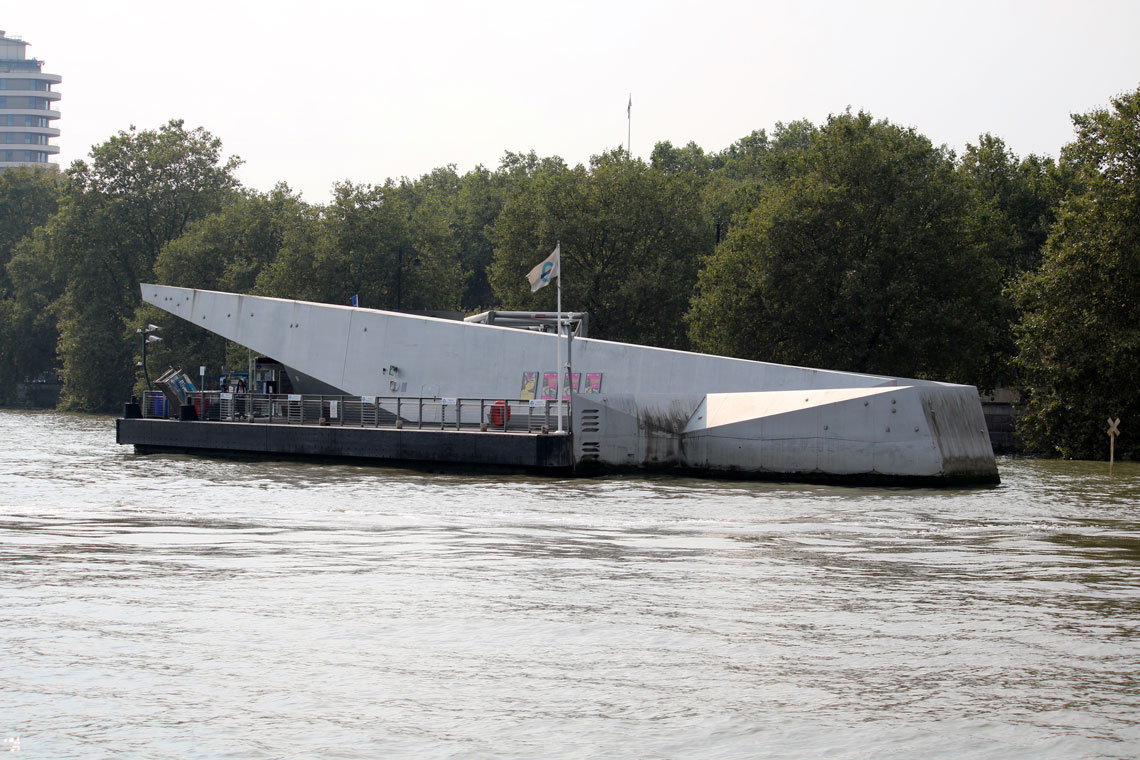
**Transportation links are based on data from Transport for London, always check their website (tfl.gov.uk) when planning your journey.
Walking times & distances are average times based on data from Google Maps.
We operate daytime cruises from 6 piers on the River Thames & private charters from over 20 piers. Click the link below to view all piers.
**Transportation links are based on data from Transport for London, always check their website (tfl.gov.uk) when planning your journey.
Walking times & distances are average times based on data from Google Maps.

